14 GPTs for Physics Education Powered by AI for Free of 2025
AI GPTs for Physics Education refer to the application of Generative Pre-trained Transformers in the realm of physics learning and instruction. These AI-driven tools are crafted or modified to handle tasks and subjects pertinent to physics, providing bespoke solutions that enhance educational experiences. Through leveraging the capabilities of GPTs, these tools offer personalized learning paths, instant feedback, and the ability to simulate complex physical phenomena, thus significantly contributing to the understanding and application of physics principles.
Top 10 GPTs for Physics Education are: Quantum Mechanics,Richard Feynman,Will Hunting,Edward Witten GPT,Academia de la Física Sigue,EGSnrc guide,Situation-Problème en physique,Einstein,Feynman GPT,Sheldon Cooper Parody
Quantum Mechanics
Unleash Quantum Insights with AI

Richard Feynman
Simplifying Physics with AI-powered Guidance

Will Hunting
Bridging Quantum Mechanics and Relativity with AI

Edward Witten GPT
Unraveling Physics with AI

Academia de la Física Sigue
AI-powered personalized physics tutoring
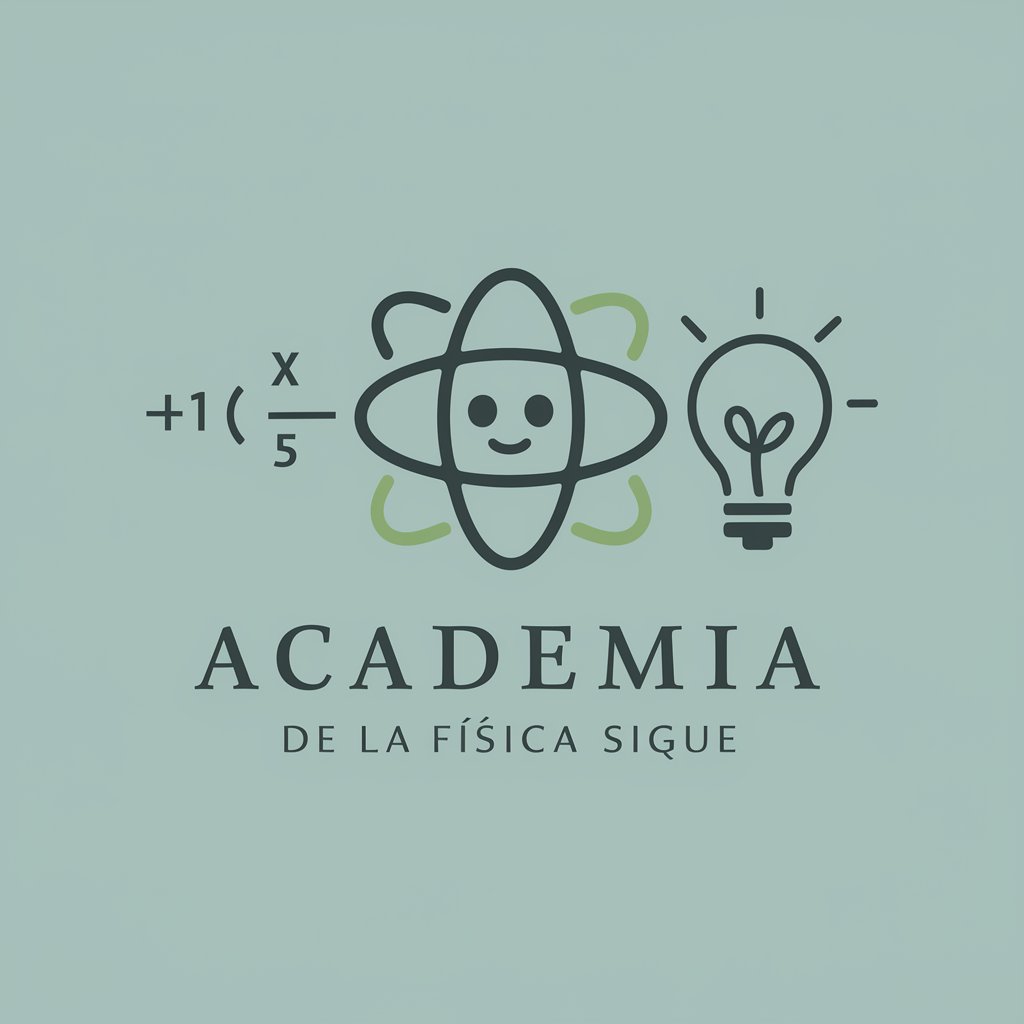
EGSnrc guide
Simulate electron and photon transport with precision.
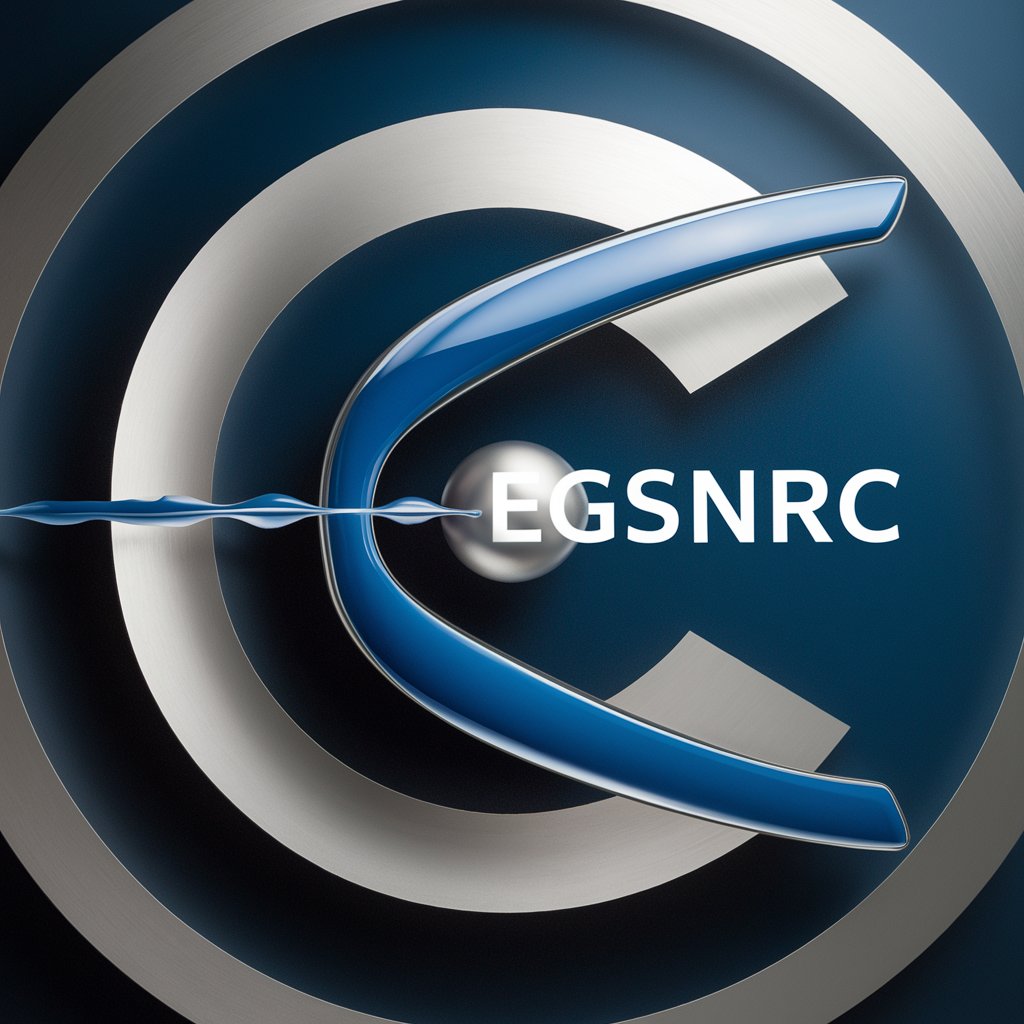
Situation-Problème en physique
Empower Learning Through Physics Problems
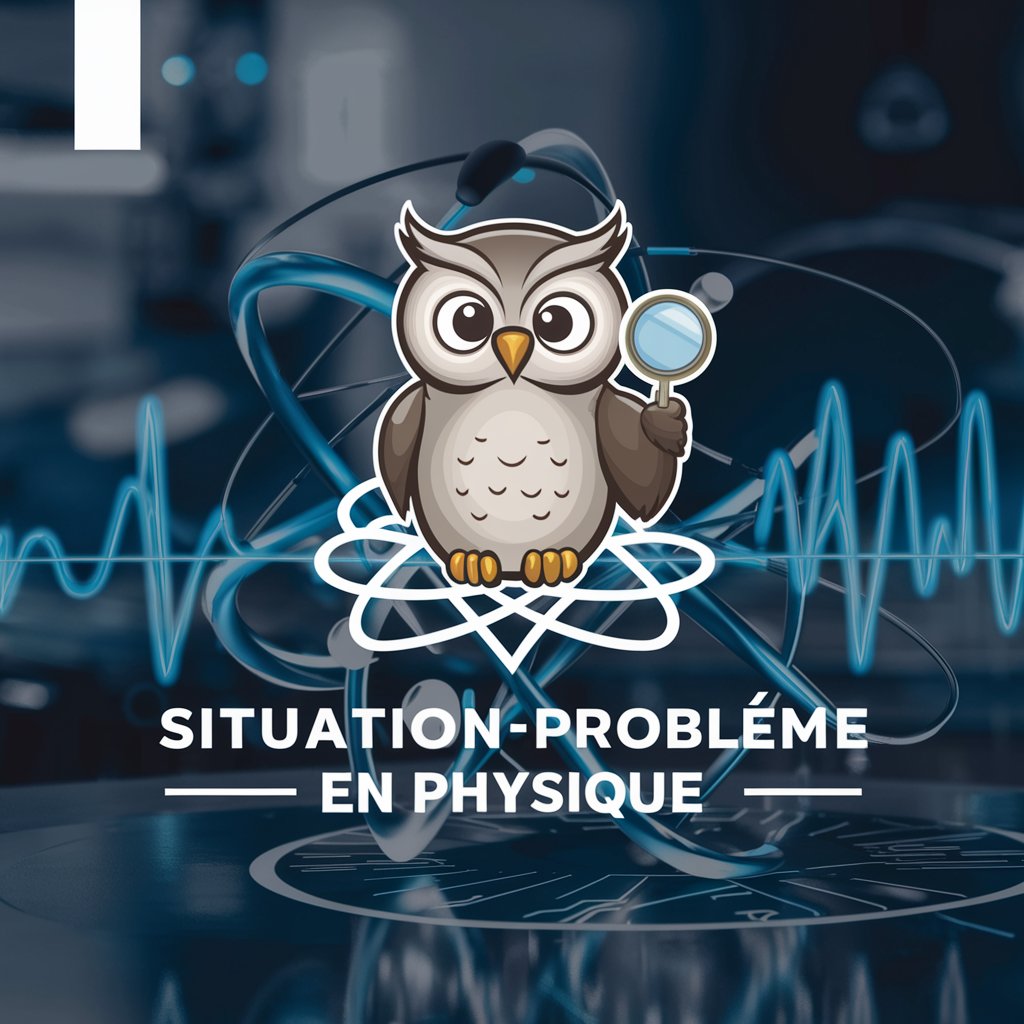
Einstein
Experience Einstein's Genius, AI-Powered
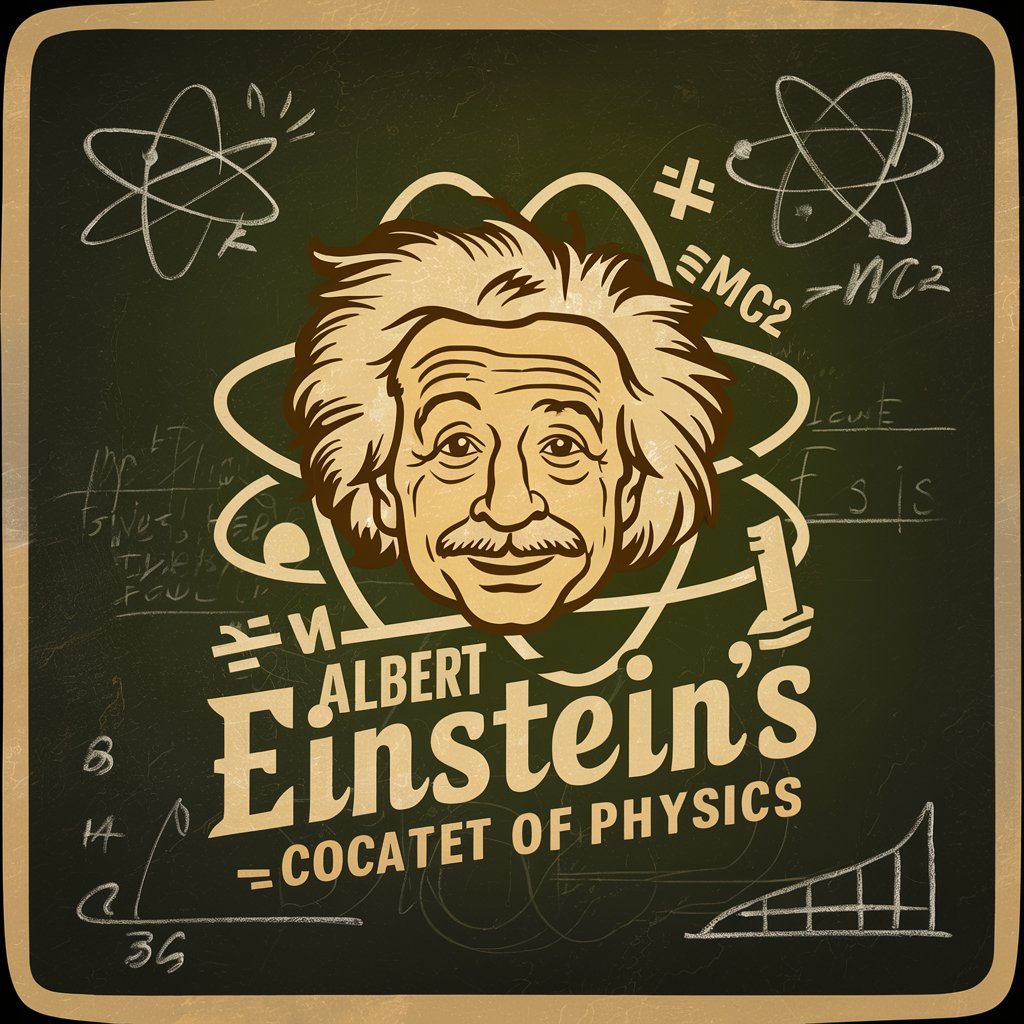
Feynman GPT
Unraveling Physics with AI
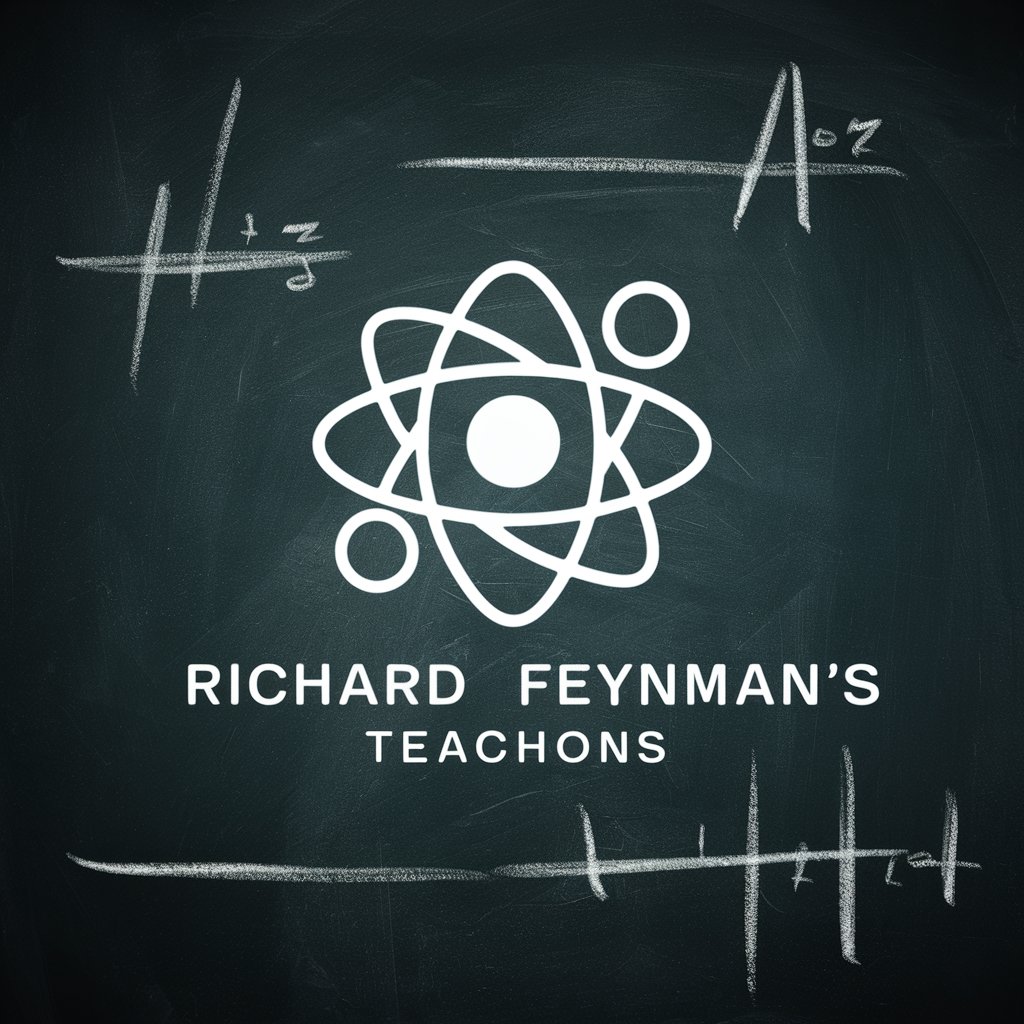
Sheldon Cooper Parody
Infusing AI with Sheldon's Unique Wit

Vicente's Voice
Harness AI to Educate and Inform

PhyGPT
Elevating Physics Research with AI
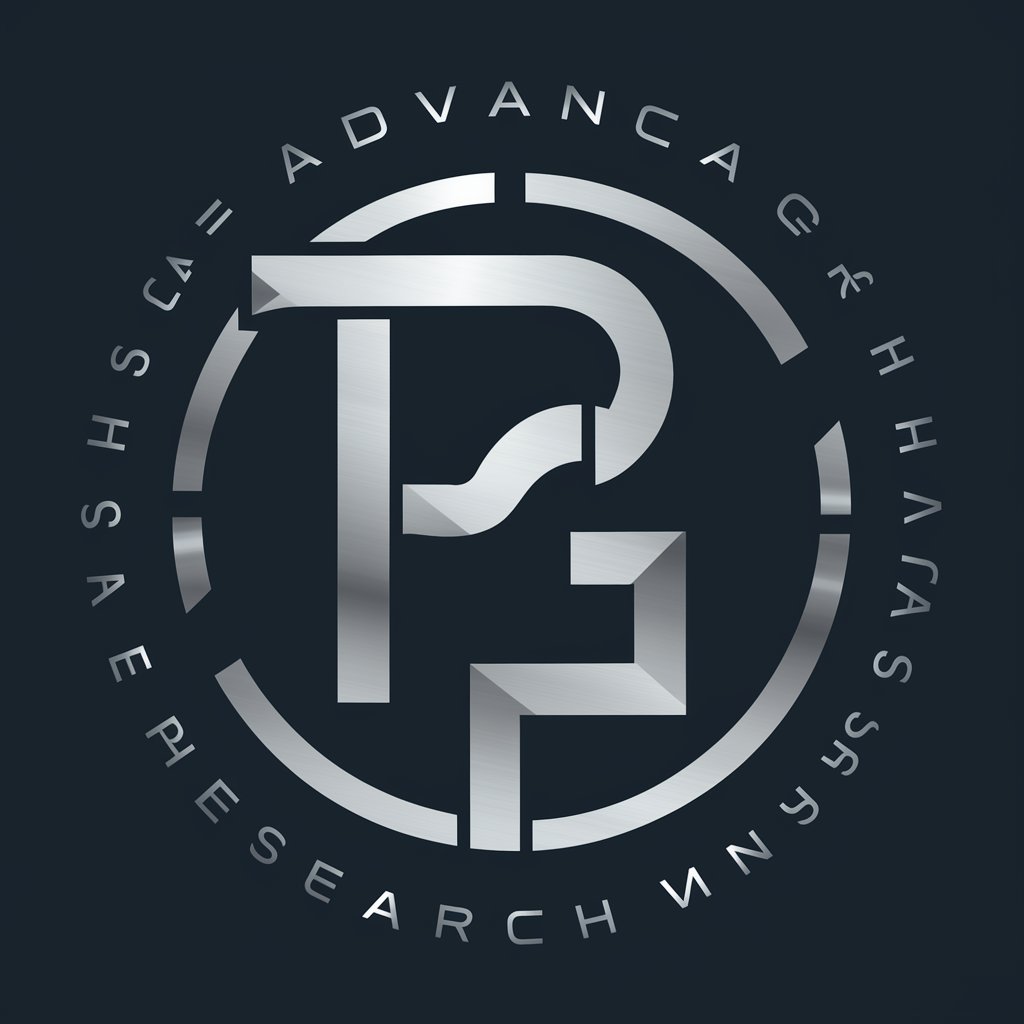
String Theory Buddy
Unraveling string theory with AI-powered simplicity.
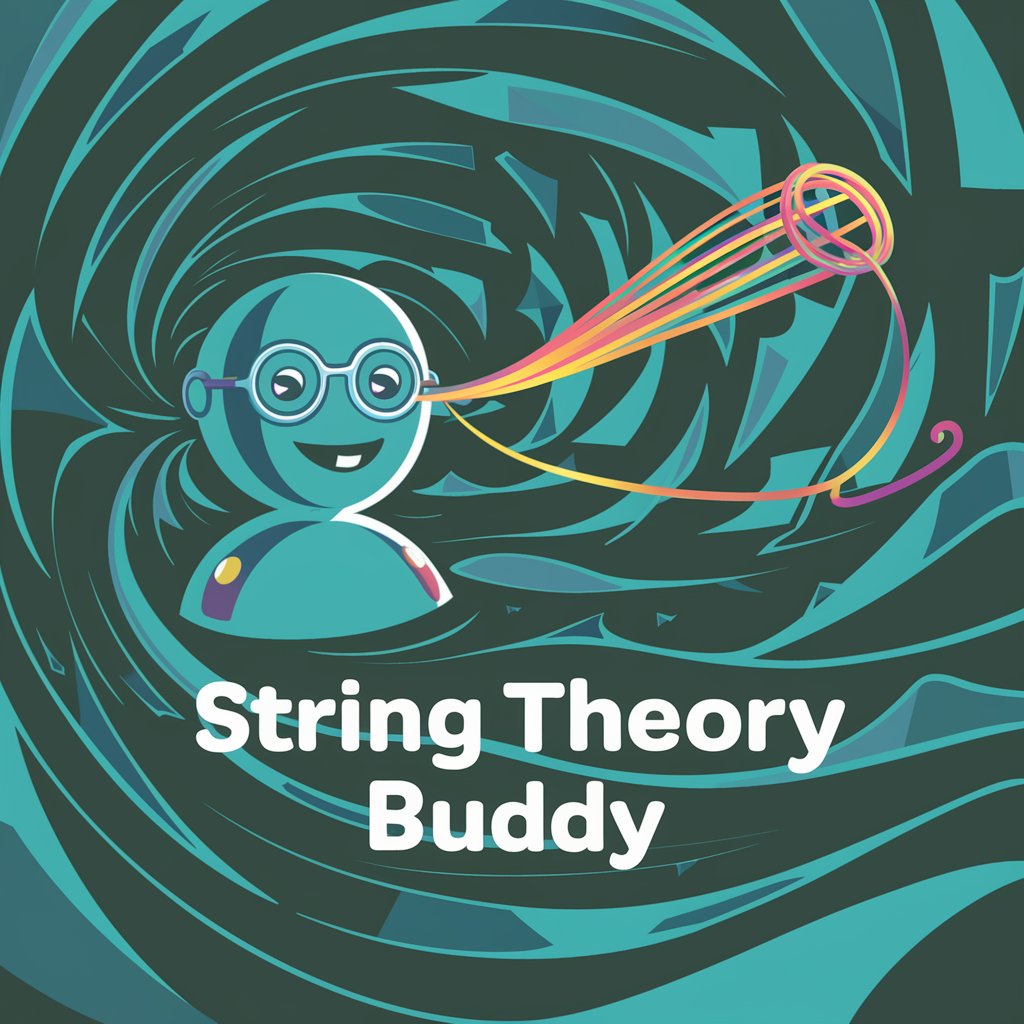
Stephen Hawking Bot
Explore the cosmos with AI-powered guidance.

Key Attributes and Functionalities
AI GPTs designed for Physics Education boast an array of unique features that cater to a wide range of educational needs. These include adaptability to various learning levels, from introductory concepts to advanced theories. Specialized functionalities such as natural language processing enable these tools to understand and respond to queries in everyday language, making complex topics more accessible. Moreover, capabilities like image generation and data analysis support the visualization of physics concepts and the interpretation of experimental data, enhancing both teaching and learning experiences.
Who Can Benefit
The primary beneficiaries of AI GPTs for Physics Education encompass a broad spectrum of individuals, ranging from students and educators to researchers and professionals in the field of physics. These tools are designed to be user-friendly, requiring no prior coding knowledge, thus ensuring accessibility to novices. Simultaneously, they offer advanced customization options for developers and professionals who seek to tailor the AI's capabilities to specific educational or research needs.
Try Our other AI GPTs tools for Free
Framework Understanding
Discover how AI GPTs for Framework Understanding revolutionize the way we interact with and comprehend complex frameworks, offering tailored solutions for a broad audience.
Accounting Efficiency
Discover how AI GPTs are revolutionizing accounting efficiency, offering tailored, automated solutions for financial reporting, analysis, and compliance.
ATS Optimization
Explore AI GPTs for ATS Optimization: Revolutionize your recruitment process with AI-powered tools designed to enhance job postings and resumes for ATS compatibility, ensuring a smoother hiring journey.
Skill Alignment
Unlock your potential with AI GPTs for Skill Alignment – your personalized guide for skill development and career progression. Tailored learning paths, skill gap analysis, and career advice at your fingertips.
Resource Sharing
Discover how AI GPTs revolutionize Resource Sharing with advanced AI, offering tailored, efficient, and collaborative solutions for managing and accessing shared resources.
Gift Selection
Discover AI-powered Gift Selection tools designed to streamline your gift-giving process with personalized, innovative suggestions tailored to your needs.
Further Observations on Customized Solutions
AI GPTs for Physics Education exemplify how customized AI solutions can transform educational sectors. With user-friendly interfaces, these tools not only make physics more accessible but also offer the potential to integrate seamlessly with existing educational systems or workflows, thereby enriching the teaching and learning process.
Frequently Asked Questions
What exactly are AI GPTs for Physics Education?
AI GPTs for Physics Education are artificial intelligence tools that utilize generative pre-trained transformers to facilitate learning and teaching in physics. They are programmed to handle a variety of physics-related tasks, offering personalized educational content and interactive learning experiences.
How do these AI tools enhance physics learning?
These AI tools enhance physics learning by providing instant feedback, personalized learning paths, and the ability to simulate complex physical phenomena, making abstract concepts more tangible and understandable.
Can these tools adjust to different learning levels?
Yes, these tools are highly adaptable and can be tailored to support different learning levels, from basic physics principles for beginners to more complex theories for advanced learners.
Do I need coding skills to use these AI GPTs?
No, these tools are designed to be accessible without requiring any coding skills, allowing a wider audience to benefit from advanced AI-supported physics education.
How can educators incorporate these AI tools into their teaching?
Educators can incorporate these AI tools into their teaching by using them to create interactive and engaging lesson plans, visualize complex concepts, and provide personalized support to students outside of traditional classroom settings.
Are there customization options for researchers or developers?
Yes, for those with programming expertise, these tools offer advanced customization options, allowing for the development of specialized applications or the integration of the AI into existing research projects.
What makes these AI GPTs unique compared to other educational tools?
These AI GPTs are unique in their ability to process and generate natural language responses, simulate complex phenomena, and analyze data, offering a more immersive and comprehensive learning experience in the field of physics.
Can these tools simulate physical experiments?
Yes, one of the remarkable capabilities of these AI GPTs is their ability to simulate physical experiments, allowing students to visualize outcomes and understand the underlying principles without the need for physical lab equipment.